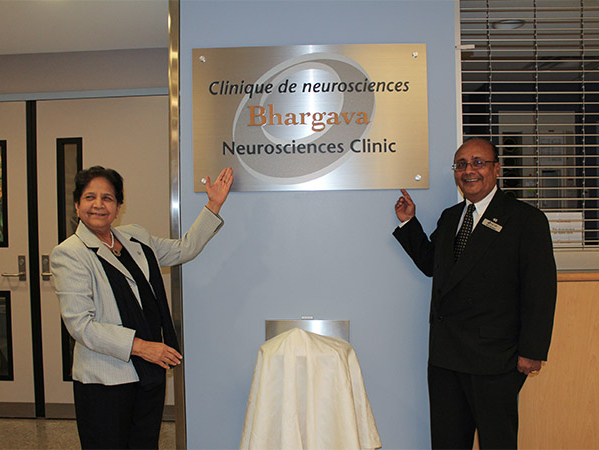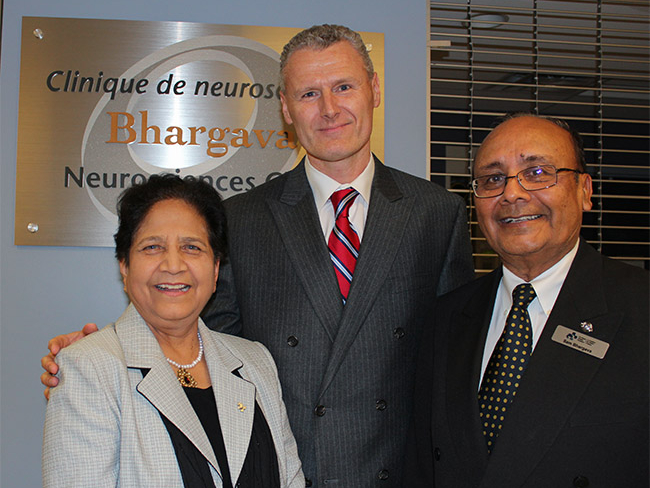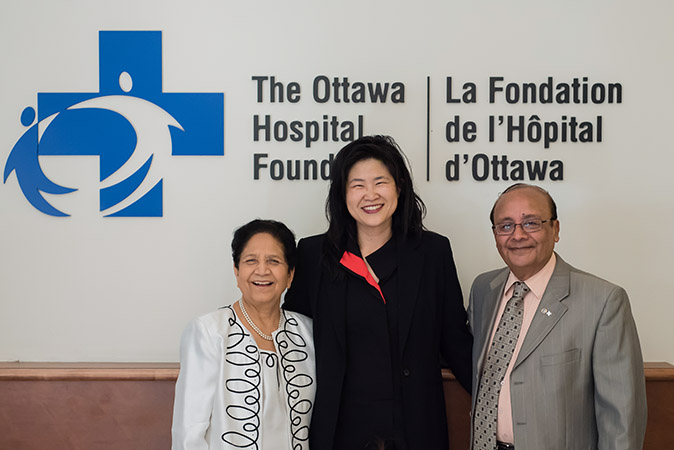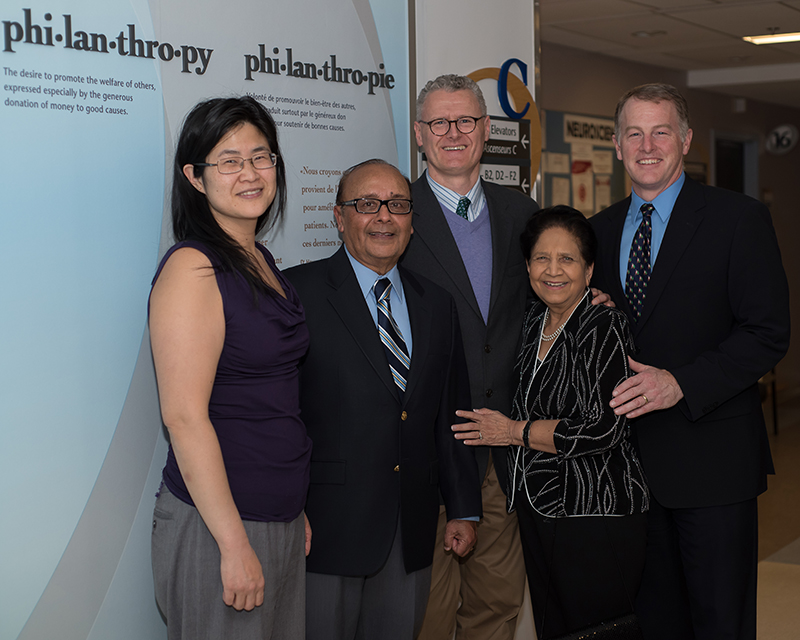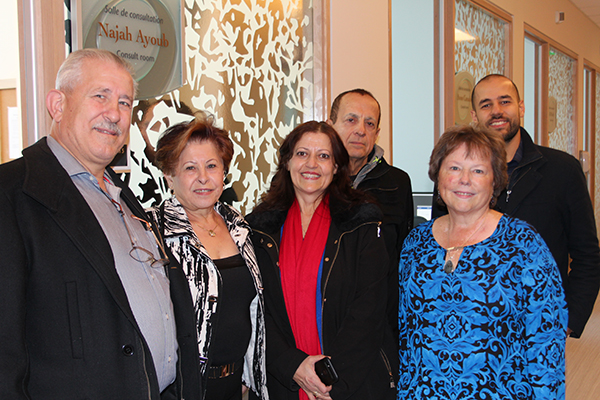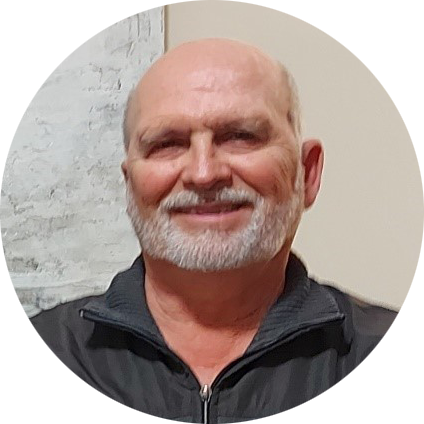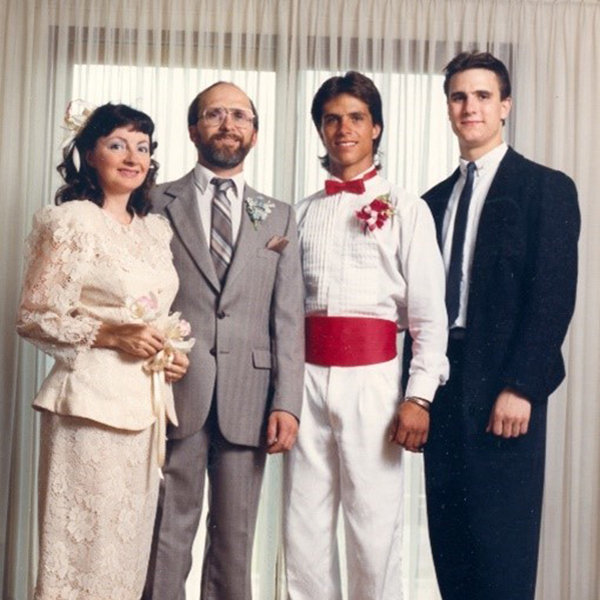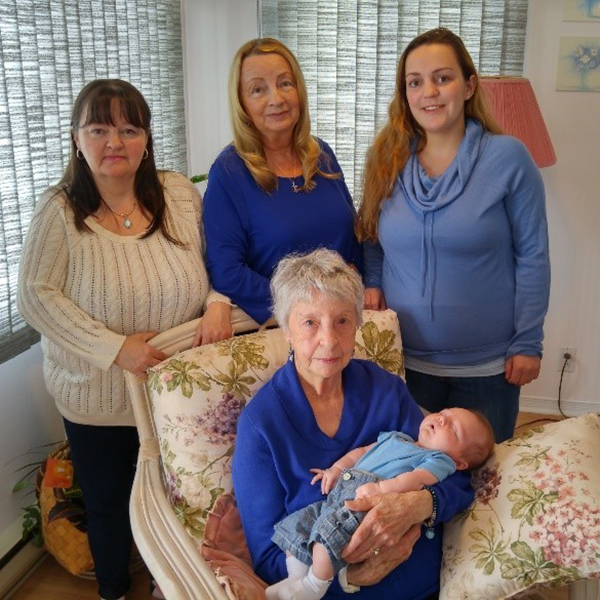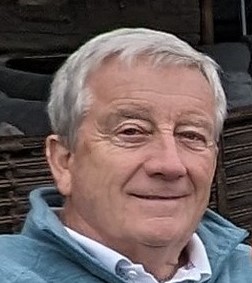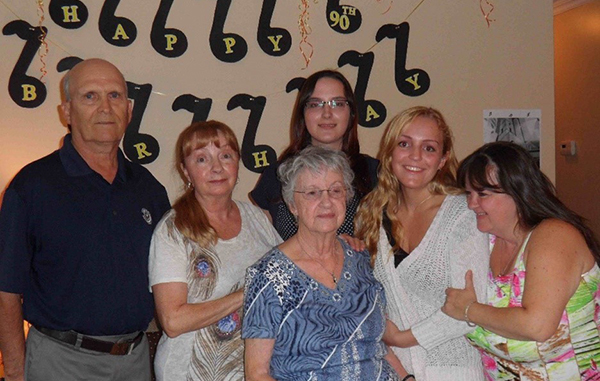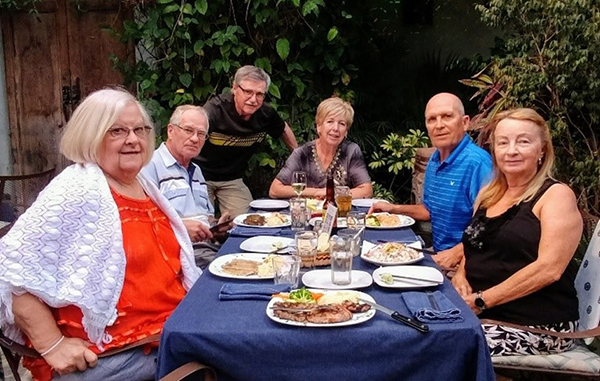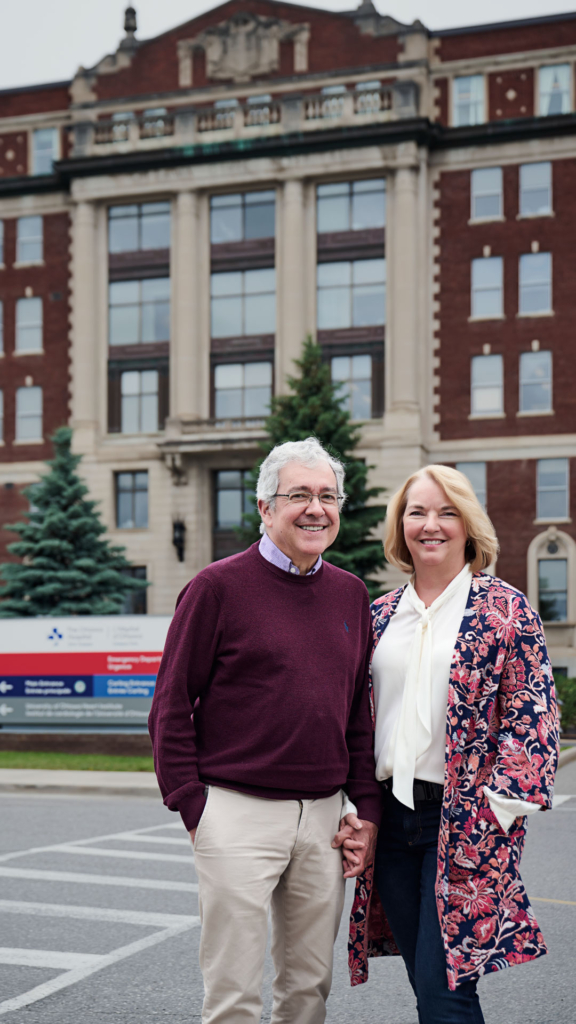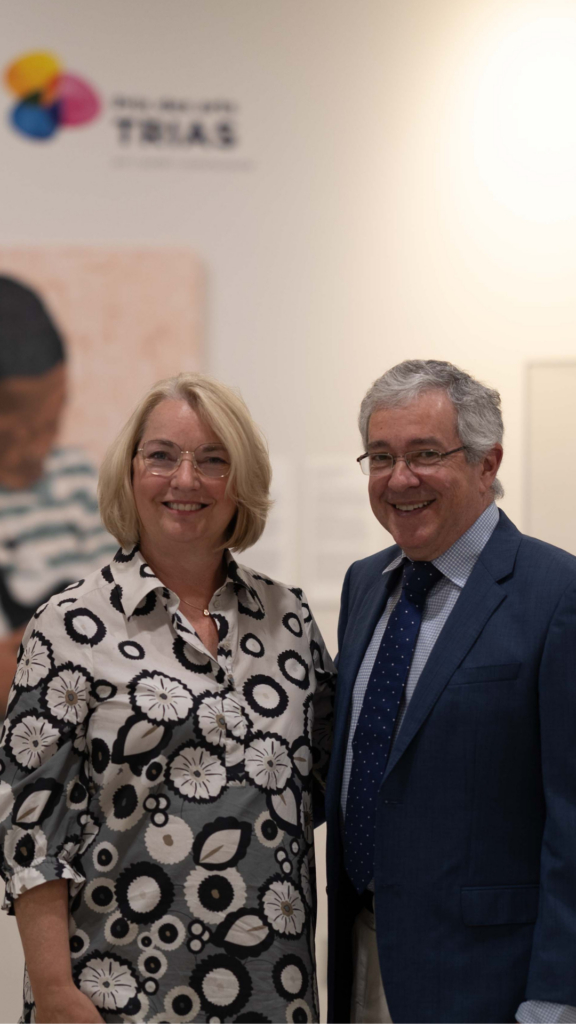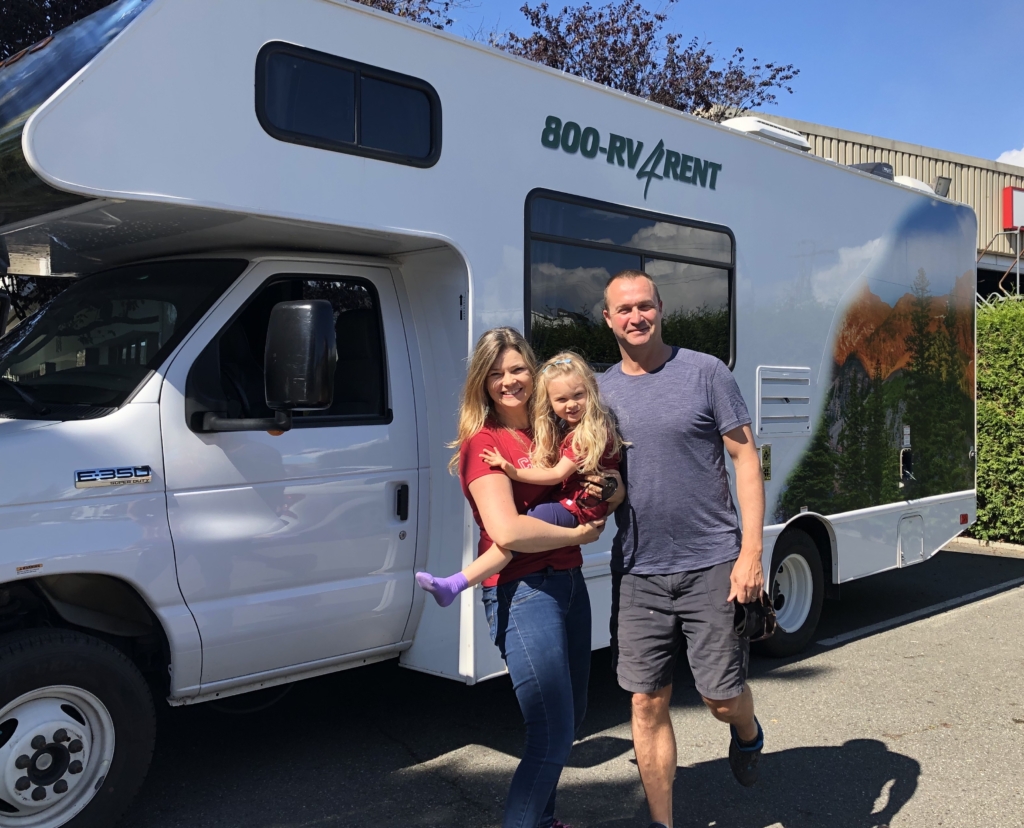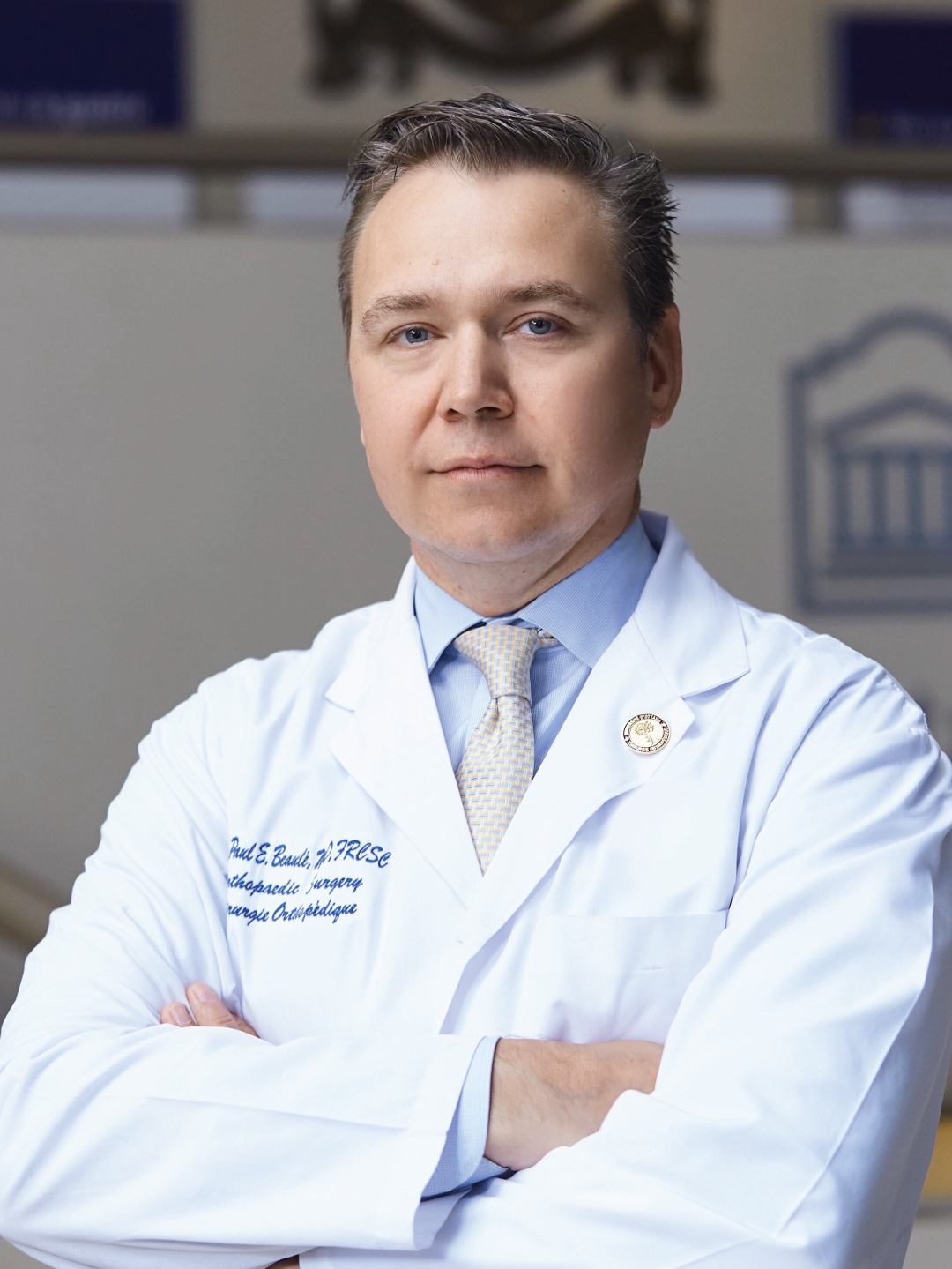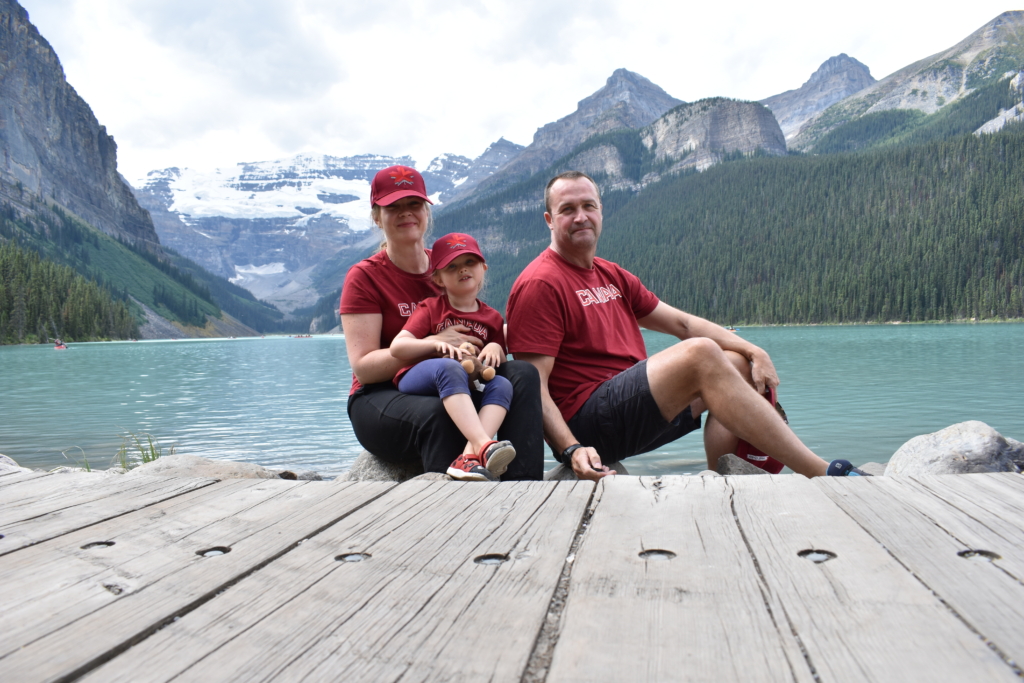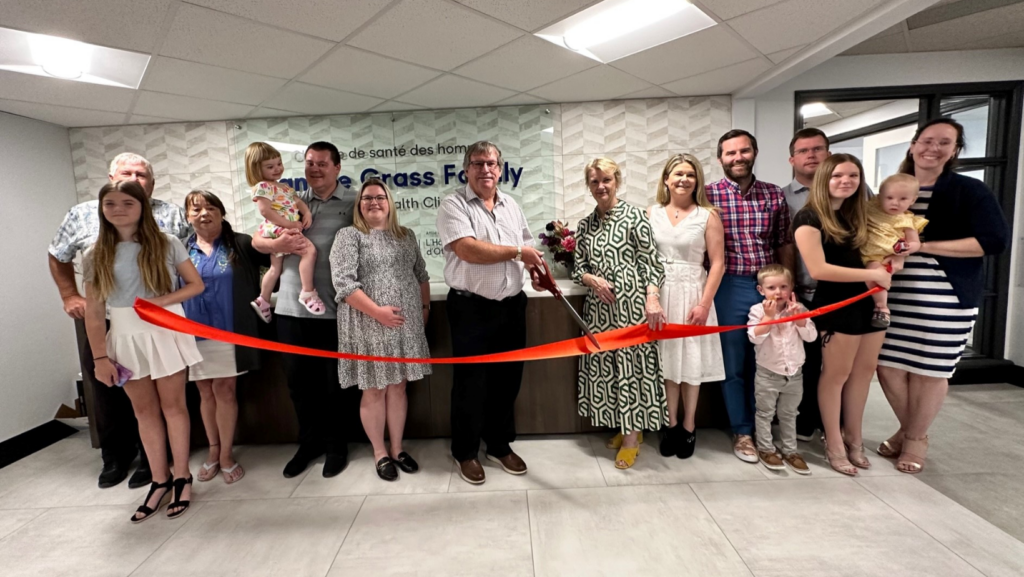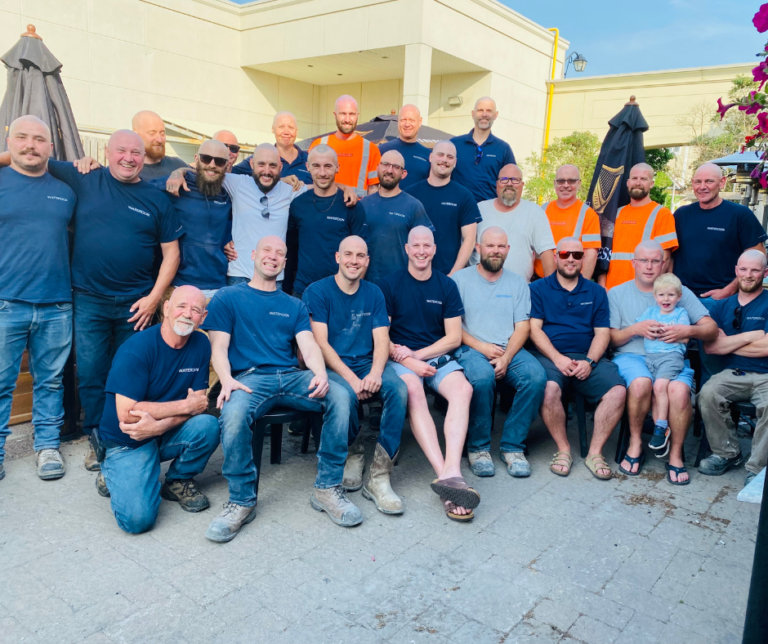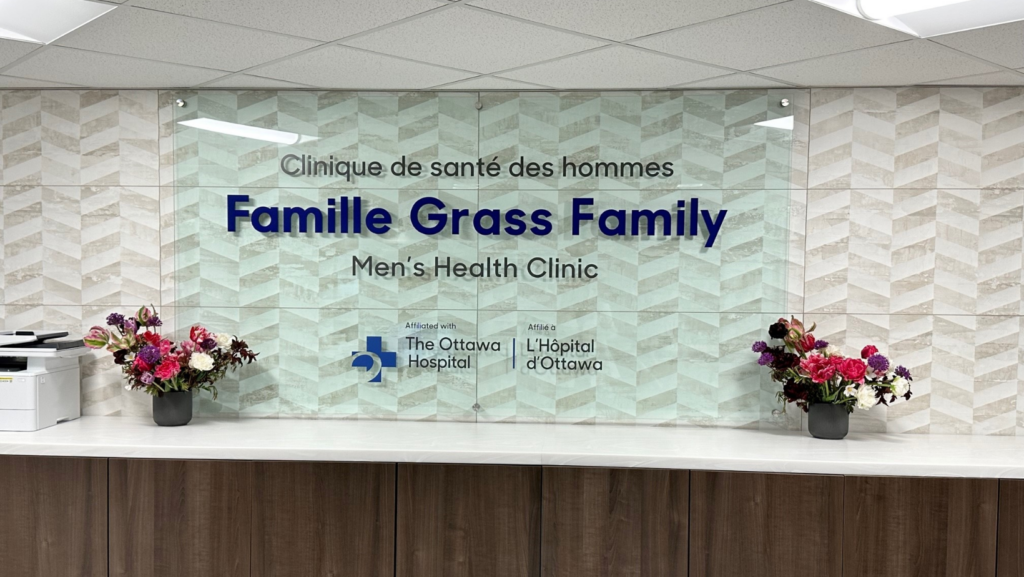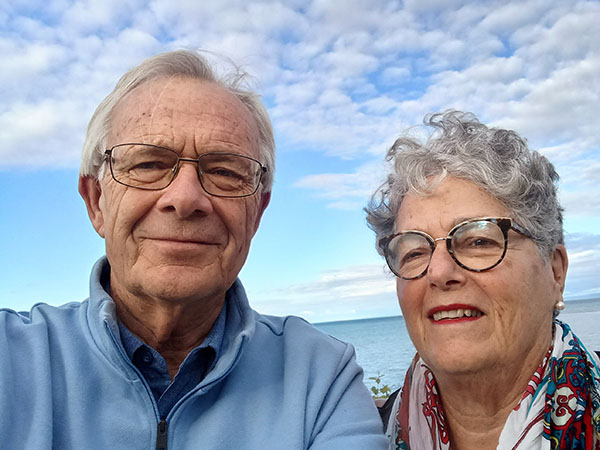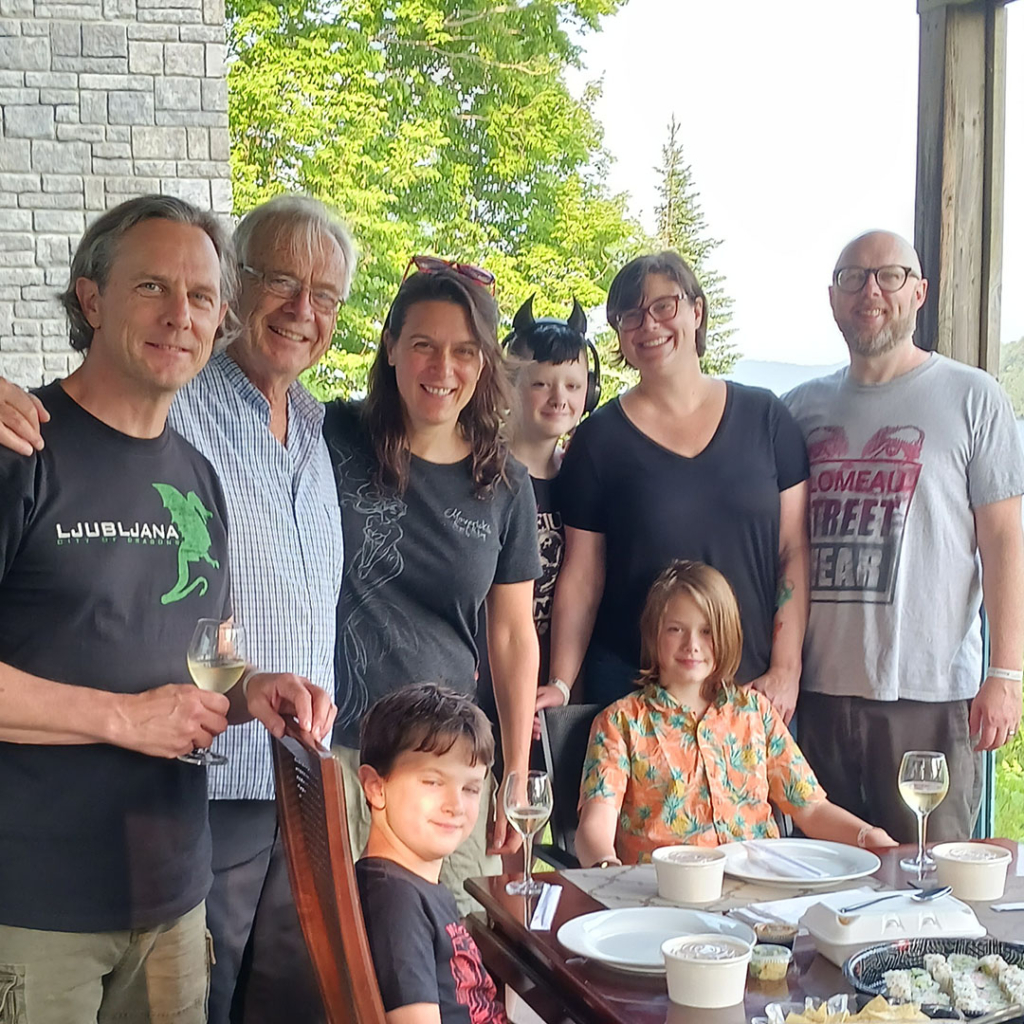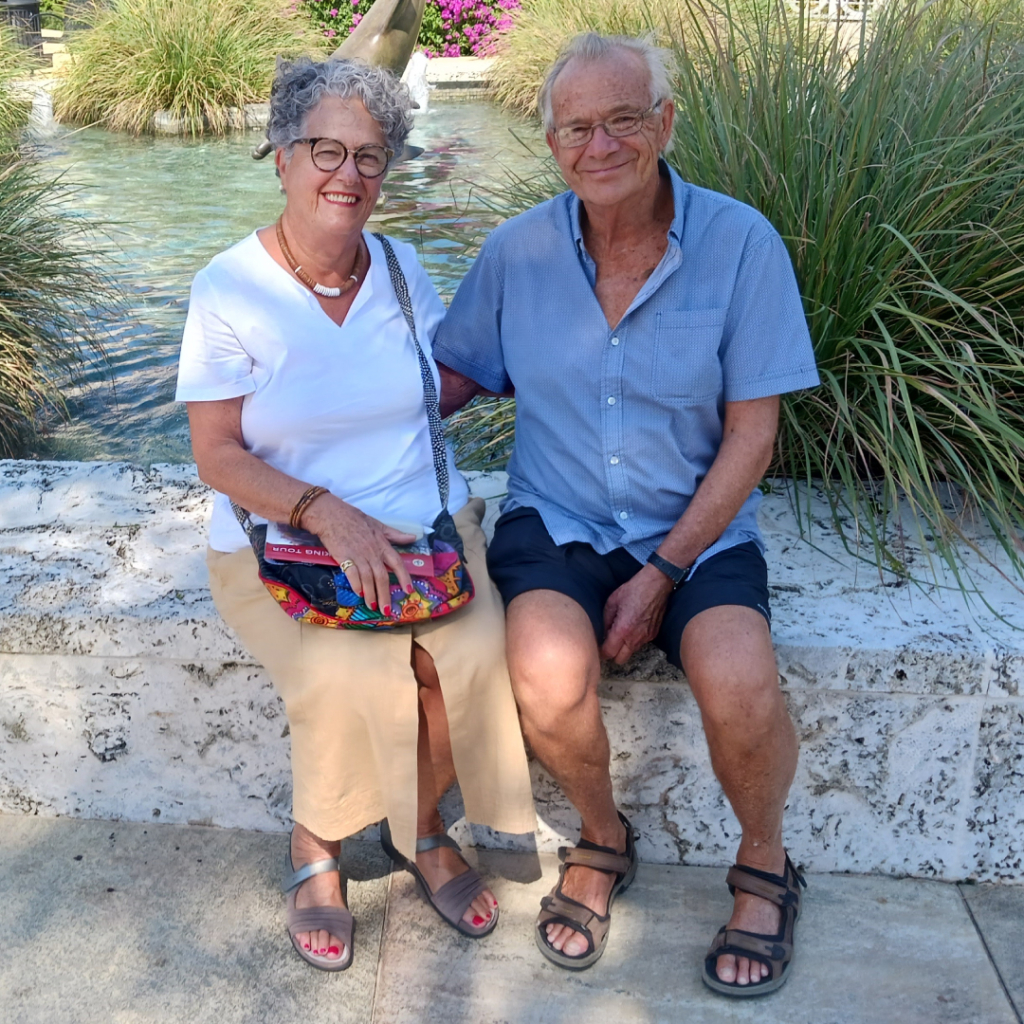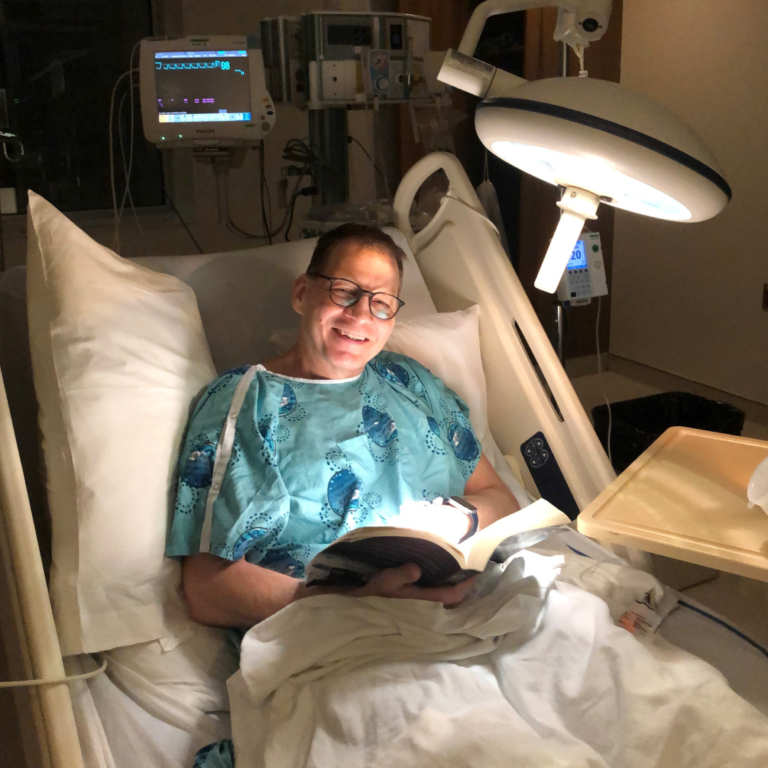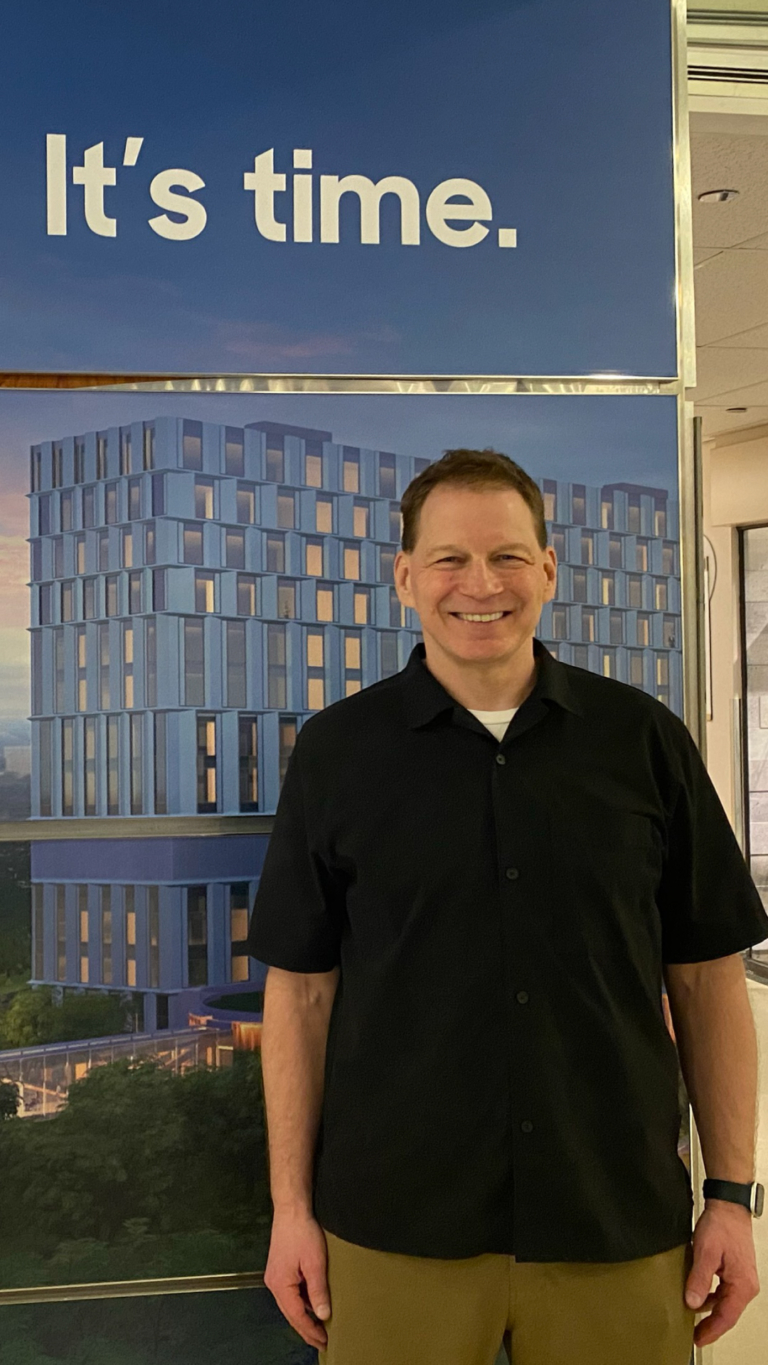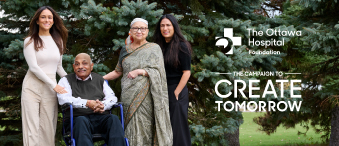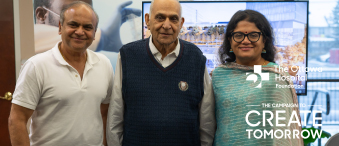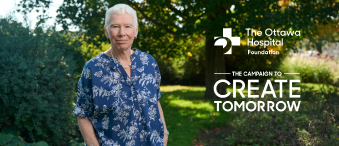Published: January 2025
Dr. Helen Tang is a dynamic and multifaceted leader whose passion for community and philanthropy is at the heart of everything she does. As a devoted mother of two and the successful leader of her own real estate company and foundation, Helen consistently focuses on the spirit of giving.
“Drops of water make the sea,” she often says, reflecting her belief in the power of collective action. With a deep commitment to supporting the Chinese and other diverse communities in Ottawa, she actively looks for innovative ways to make a lasting impact. Whether through professional accomplishments, leading events, or personal initiatives, her passion for fostering philanthropy and driving positive change is felt across the entire community.
A legacy of giving
When her father, a retired university professor, was diagnosed with Myelodysplastic Syndrome (MDS), a condition that impairs the bone marrow’s ability to produce enough blood cells, he relied on tri-weekly visits to both The Ottawa Hospital’s General and Civic campuses for treatment. The treatment required him and his family members to spend many long hours at our hospital.
“My father taught me from a very young age to care, give, and serve your community, that’s how he lived his life, and I have always wanted to live my life that way.”
— Dr. Helen Tang
But during that challenging time, Helen’s father received exceptional care through expert treatment and compassionate support, and the team’s unwavering commitment to his well-being left a profound impact on Helen and her family. Inspired by the positive difference it had made in her life, Helen decided it was time to give back. She became a blood donor and decided to get involved with the hospital’s Campaign to Create Tomorrow, eager to help ensure others would benefit from the same exceptional care.
“My father taught me from a very young age to care, give, and serve your community, that’s how he lived his life, and I have always wanted to live my life that way.”

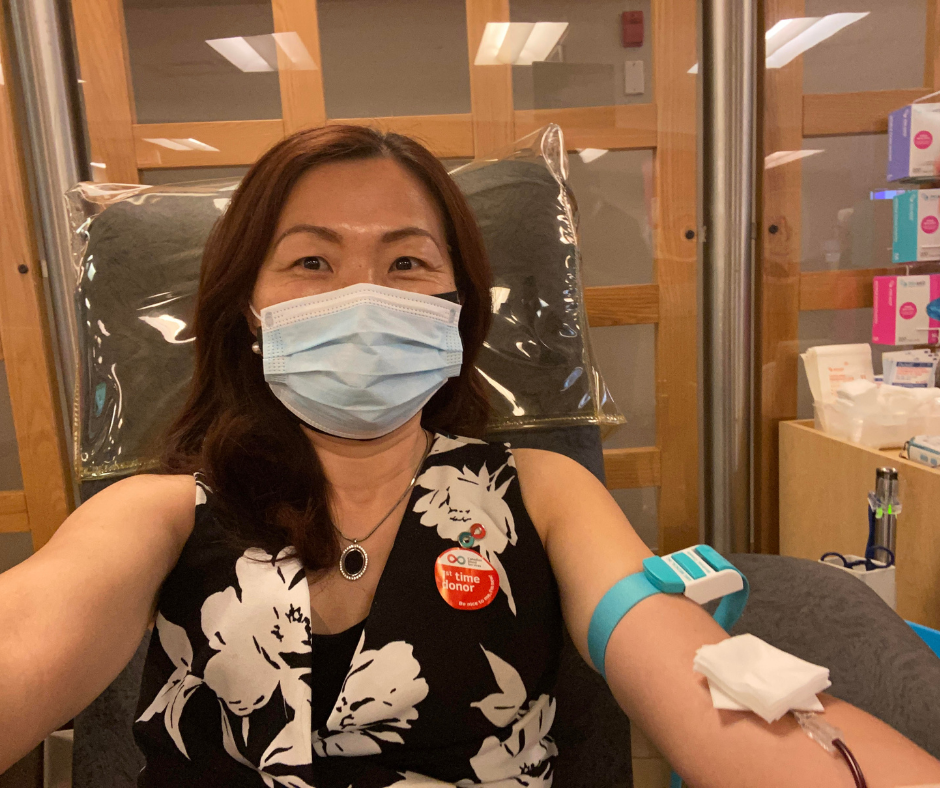
Joining the Campaign to Create Tomorrow
In 2024, Helen embraced the role of Campaign Cabinet member, expanding her influence and passion for community service to a broader, more impactful level. Driven by a deep sense of gratitude, she is more committed than ever to giving back.
“The hospital has done so much for me, and I felt a responsibility to support this campaign,” says Helen. “My hope is to inspire other local business leaders to get involved — together, we are stronger.”
“I believe helping others is the key to true happiness. Joining the campaign as a cabinet member is my commitment to this belief.”
— Dr. Helen Tang
Through her leadership and dedication, she hopes to ignite a collective effort that will create a meaningful, lasting impact on healthcare in Ottawa and make a difference for generations to come.
“I believe helping others is the key to true happiness. Joining the campaign as a cabinet member is my commitment to this belief,” says Helen. “I am very grateful for the help I have received along my journey, and this is my chance to give back, uplift our community, and work together to create a brighter, healthier future for everyone. ”
Forging a path of impact
Helen’s journey is truly one of resilience and transformation. Originally from China, she moved to Canada in 1996. She earned a PhD in electrical engineering from Carleton University and worked nearly two decades as a scientist for the federal government. At 43, she discovered a passion for helping others build wealth through real estate. Taking a bold leap of faith, she founded Helen Tang (HT) Realty.
For the past 11 years, Helen has led her company with remarkable success, ranking in the top 1% in Ottawa and top 5 in KW (Keller Williams) Canada. However, her impact doesn’t end there. She actively volunteers as board member for non-profit organizations such as WeWorkingWomen.com, Elevate International, and the Ottawa Dragon Boat Festival. Her leadership and dedication to service have earned her numerous accolades, including the “Outstanding Community Contribution Award” and the “Immigrant Entrepreneur Award” from the City of Ottawa.
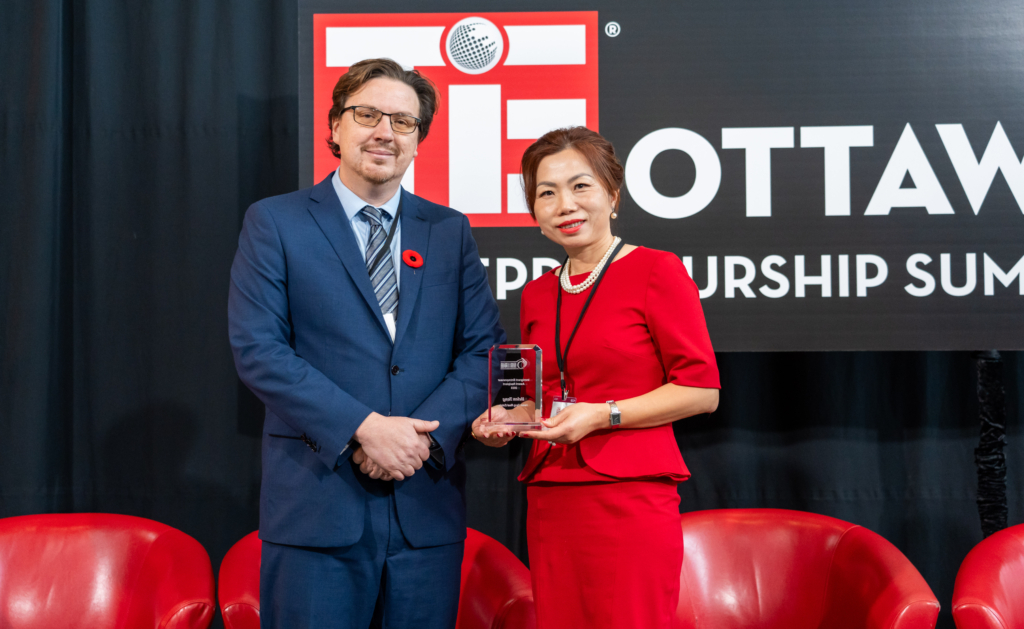
She also founded the HT Foundation — a charitable arm of HTRealty, with a mission to drive change and support Ottawa’s diverse communities. The foundation was created to use the power of philanthropy to foster connections and inspire business leaders to get involved in the community. By championing initiatives that promote inclusivity and accessibility, she’s not just building a business — she’s shaping a future where everyone has the opportunity to thrive.
“Philanthropy comes in many forms. It can be money, time, acts of kindness, or an idea. We all have something in us to give, nothing is ever too small.”
— Dr. Helen Tang
This past November, the HT Foundation organized and hosted the Stronger Together Charity Gala, to raise funds and awareness for the Campaign to Create Tomorrow. The gala was a huge success, bringing together diverse communities to rally behind a shared vision of better healthcare for all and raising more than $15,000 in support of The Ottawa Hospital.
“Philanthropy comes in many forms. It can be money, time, acts of kindness, or an idea. We all have something in us to give, nothing is ever too small.”
Through her unwavering dedication to service, Helen exemplifies how leadership can be a force for good. Her remarkable journey, from scientist to entrepreneur to philanthropist, has left an indelible mark on Ottawa. As a driving force behind the Campaign to Create Tomorrow, she is building a legacy of inclusivity, hope, and transformation.


